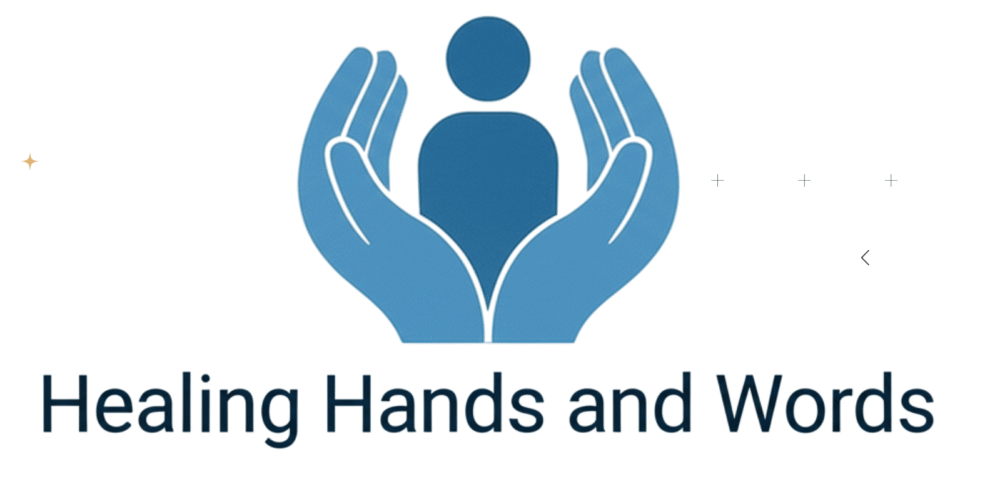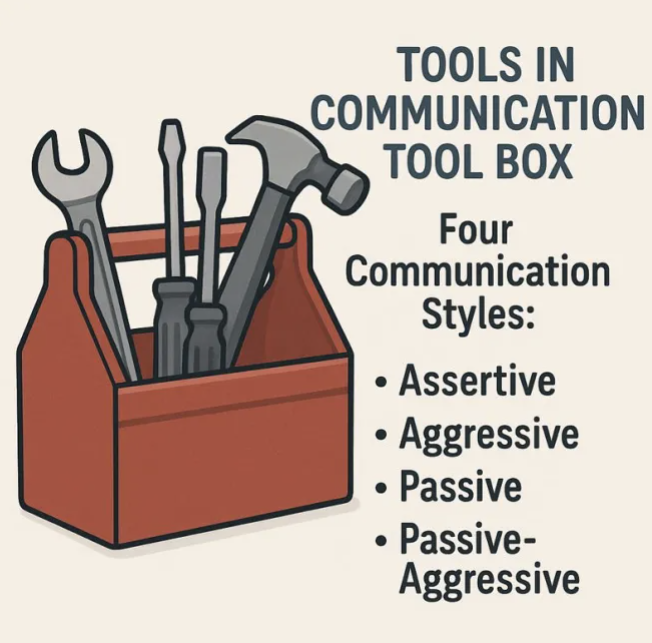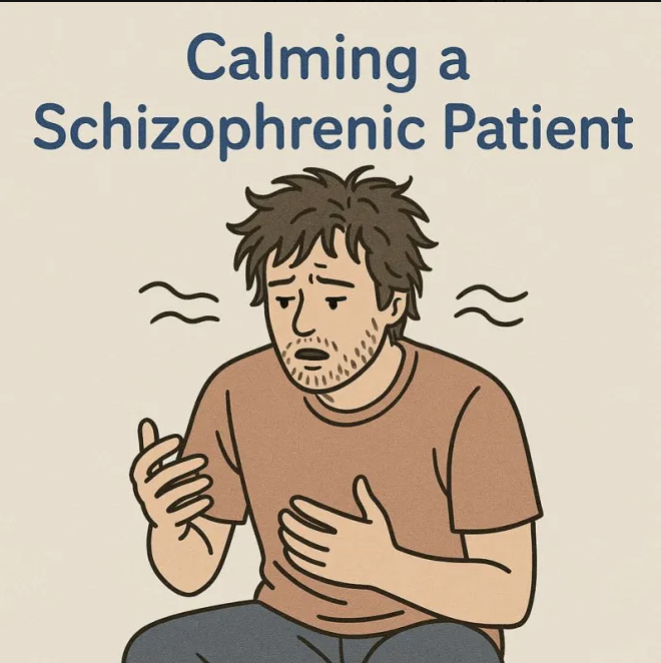
As I walk outside, a gentle breeze brushes across my face. It feels pleasant as a small strand of hair grazes my cheek. I love this time of year, with leaves changing colors from browns to yellows and oranges. I glance at my watch; oh no, it’s 5:30 pm. I’m 1 hour and 21 minutes late leaving work. Tony, my husband, will be furious. He asked me to have dinner ready on time tonight because he has an important meeting. I feel my pulse quicken, my face flush, and my neck and shoulder muscles tense. I hurry to get in my car. I speed off, pulling in front of another car. I was almost hit. The tenser I became, the faster I drove. Finally, I made it home safely. I rush into the house. Tony yells, “Where have you been? Where’s my dinner?” The fight between Tony and me begins. I scream, I yell, I call him names. It was a heated situation.
What causes us to get so angry? Many people use the excuse, “My whole family has a short fuse; it’s a family thing, so I can’t help it.” Understanding the cause of anger takes time, effort, and self-awareness. Getting to know ourselves is no easy task in our busy world.
First , we will look at some of the things our body does when we get angry .
- increased heart rate .
- rapid or shallow breathing .
- stomach churning .
- stomach cramps.
- increased body temperature .
“So, it’s important to slow down and think about what your body does when you get angry.”
In addition to slowing down and being aware of bodily functions, it’s vital to discuss what triggers anger. Daily stresses can contribute to the loss of anger control.
Anger triggers
- family problems.
- financial problems .
- pain issues .
- stress .
“ Being aware that these problems can contribute to mood disturbances and feelings of anger is important . “
Now let’s discuss healthy coping skills
- listen to music .
- write in a journal .
- meditate or pray.
- change your thinking or self talk .
- visual imagery.
If your body is signaling that you are getting angry, use a coping skill such as turning on relaxing music. Now, close your eyes, take some deep breaths, and relax. Stay that way for 10-15 minutes or until you feel your body relax. Keep your eyes closed and imagine walking on a beach (or any place you enjoy), with the warm sun on your face, a breeze blowing, and the waves gently rolling up on your feet. Visual imagery is effective for relaxation.
Another coping mechanism is journaling. In addition, pay attention to your bodily sensations while journaling and write about them.
A great coping mechanism is meditation or prayer. As soon as you recognize that you are getting angry, stop, close your eyes, take a deep breath, and say, “Let this anger pass.” Repeat this cycle as many times as necessary until you feel calm.
One of the most important coping skills is self-talk, or the dialogue in our minds. It’s vital that you become aware of what you say to yourself. Your self-dialogue greatly affects how you feel about yourself. This could have been my dialogue with myself about Tony: “He hates me. He will never forgive me.” versus “Tony yelled at me because he was afraid of being late. He really loves me.” Which dialogue would make you feel better about yourself? Our internal dialogue has a significant impact on our mood and feelings.
“We are happy not to be so angry by recognizing our triggers and developing healthier coping skills.”
Discover more from
Subscribe to get the latest posts sent to your email.



